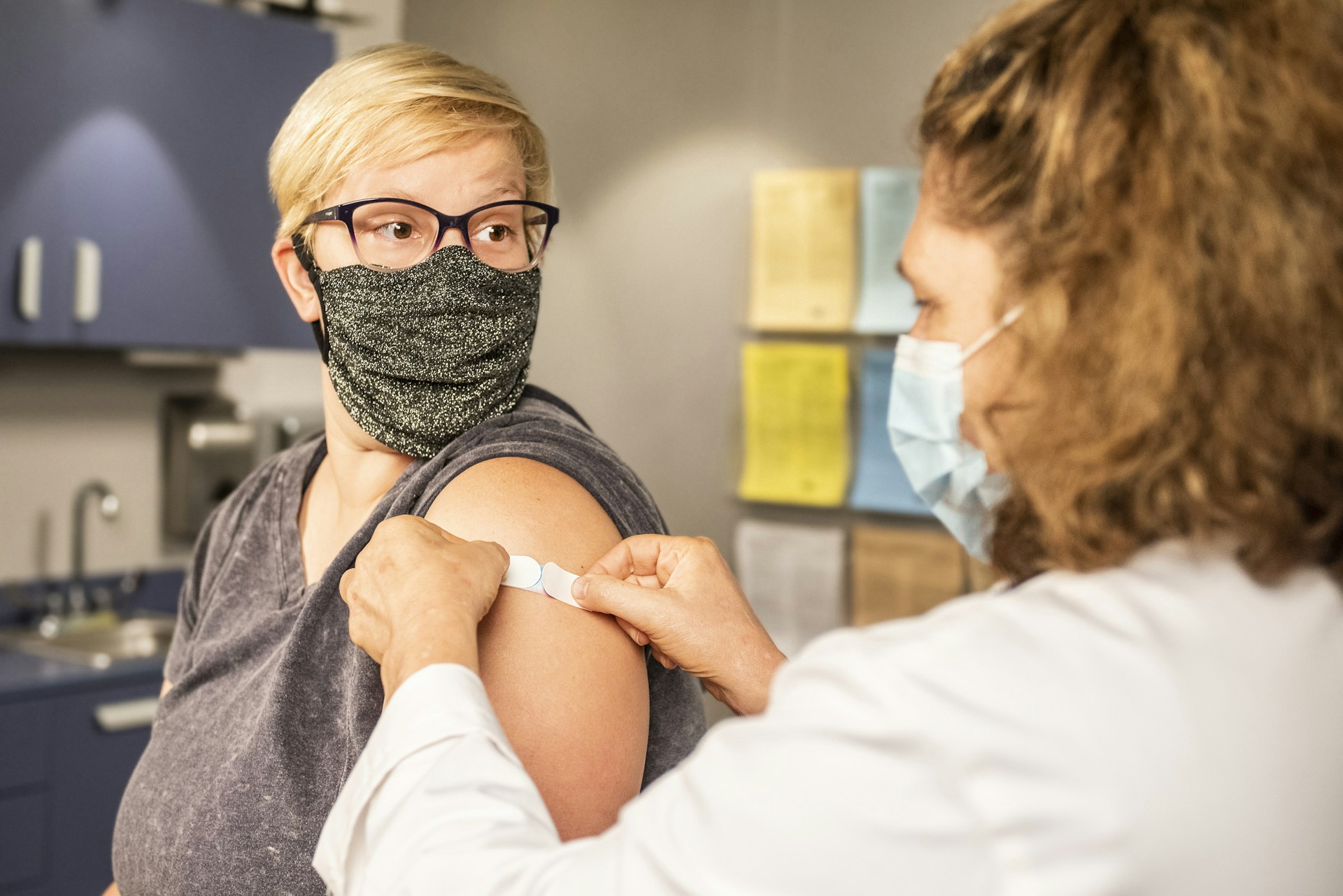Since then, though, recent developments in immunology have introduced into this conversation a promising treatment approach: the ‘inverse vaccines’; potential game changers in how autoimmune conditions like multiple sclerosis (MS), Type 1 diabetes and celiac disease are treated. Traditional vaccines which use pathogen to stimulate the immune system to attack pathogen is unlike inverse vaccines which train the immune system to ignore its healthy cells causing a reduction of harmful autoimmune responses.
This innovative method was led by researchers at the University of Chicago‘s Pritzker School of Molecular Engineering. The idea is to tag specific antigens; the proteins that the immune system mistakes for evil germs, with another bit of stuff that tells the immune system to ‘take a hike.’ These tagged antigens are processed by the liver, and tolerance is developed to the forms that are retrained on the immune system. Jeffrey Hubbell, the lead researcher, emphasised the significance of this approach:
“In the past, we showed that we could use this approach to prevent autoimmunity, but what is so exciting about this work is that we have shown that we can treat diseases like multiple sclerosis after there is already ongoing inflammation, which is more useful in a real-world context”
Currently, treatments for autoimmune diseases often involve broad immune suppression, leaving patients more susceptible to infections. In contrast, inverse vaccines target only the problematic immune responses.
“The idea is that we can attach any molecule we want to this system, and it will teach the immune system to tolerate it,” explained Hubbell.
“Rather than rev up immunity as with a vaccine, we can tamp it down in a very specific way”
Potential first has already been shown in out early trials, with safety tests underway for MS and celiac disease. Much of the recent research came from the pharmaceutical company Anokion SA, which is working with them on the trials. ‘In my mind, the proof that this vaccine works will rely on a series of experiments that would confirm a biological advantage,’ said Chris Jewell, a bioengineer at the University of Maryland who also studies inverse vaccines.
“This approach suppresses a dysfunctional immune response, leaving the healthy parts of the immune system intact”
Despite the promising results, researchers caution that more work is needed before inverse vaccines become a standard treatment.
“It’s unlikely that a single approach will work in all humans with a particular disease because these diseases have more variation in the human population,”
noted Dr. David Fox, an expert in internal medicine at the University of Michigan
However, as research continues, scientists hope. Successful efforts with inverse vaccines could provide a more precise, longer term solution to managing our auto immune diseases, said Dana, and could also transform the live of our patients.

Hassan graduated with a Master’s degree in Chemical Engineering from the University of Chester (UK). He currently works as a design engineering consultant for one of the largest engineering firms in the world along with being an associate member of the Institute of Chemical Engineers (IChemE).



